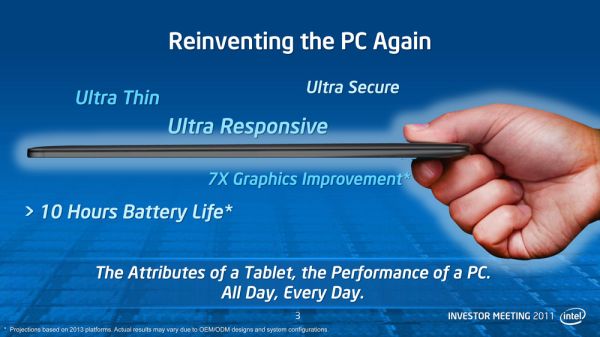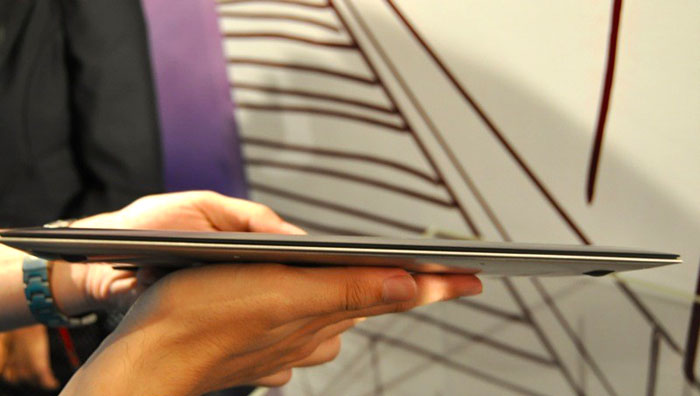Despite the fact that it looks almost exactly like its predecessor Leopard, there's plenty in Snow Leopard to make Mac users sit up and take notice.
From the upgrade price of just £25 (peanuts, and which makes it the best value Apple product ever) to built-in support for Microsoft Exchange Server, a smaller footprint, more comprehensive support for 64-bit architecture (though some key apps like iTunes are still 32-bit) and a bunch of sweeping behind-the-scenes stuff designed to give programmers more memory and processing power to play with; this will make life easier and more fun for them and therefore, at some point in the future, for the rest of us.
This is why Apple has been at pains to describe Snow Leopard as 'finely tuned': the pitch is that the house has been spring-cleaned and renovated, rather than knocked down and re-built.
That said, in use we noticed plenty of small, useful improvements. Expose has been given a minor facelift to make it accessible straight from the Dock and windows are zoomable by using the space bar; you can dig into Stacks sub-folders without opening the Finder, scroll through a multi-page document or watch a movie directly in the Finder; there's a new QuickTime Player which features a cleaner, iPhone-like interface, complete with the ability to trim and save video clips, record directly from iSight and create simple screen casts, and if your Mac has Nvidia GeForce 9400M integrated graphics it also supports H.264 video decoding.
In addition - and at last - you can select columns one at a time in PDFs instead of being forced to grab everything across the page (for some users this is worth the upgrade price on its own). Elsewhere you can restore items from the trash to their original location, and while problems with ejecting discs haven't gone away, at least Snow Leopard tells you what's going on.
Apple's claim that it's up to 45 percent faster to install than previous versions is hard to prove. On our MacBook the whole thing was done and dusted in under an hour, which is long enough to feel that something substantial has happened without making you want to climb the walls.
Certainly, Snow Leopard frees around 7GB of space by not installing any of the technology required to run old PowerPC programs by default (if required, it'll offer to download the necessaries from the Internet), by treating other ‘extras' like printer drivers and localisation files in the same way and thanks to some fancy file compression. Things do feel faster in Snow Leopard, too, from backing up with Time Machine to shutting down and waking up a MacBook, and the various improvements to the Finder make everything snappier.
Of course, upgrading any operating system will probably throw up a few 'gotchas' but you can minimise these by checking the support forums on www.apple.com first, then going to snowleopard.wikidot.com and finally working your way through your own programs and checking for updates. You shouldn't cut corners here because it's always much better to upgrade your applications before you actually upgrade the OS itself.
Most software suppliers have a Snow Leopard-specific version ready to go and even tricky things like Parallels 4.0 (our preferred way to run a Windows virtual machine on a Mac) worked fast and flawlessly.
It won't run on older PowerPC-based Macs, but for everyone else Snow Leopard is a worthwhile, cost effective upgrade that works on any Intel Mac (1GB of memory, 5GB of disk space and Core 2 processor for 64-bit operation); and the fact that Mail, Address Book and iCal now support Exchange Server means that Mac users can stay hooked into the company's servers and still use familiar software.
Apple - Snow Leopard features - Verdict
Unflashy, inexpensive OS upgrade that adds improved 64-bit support, works with Microsoft Exchange Server, includes a raft of interface improvements and a new QuickTime, is faster and takes up less disk space than its predecessor. Best value Mac product ever.












0 comments:
Post a Comment